2022 Impact & Inspiration Report
Co-Creating and
Accelerating Solutions
We believe in the power of co-creation. Ascend partners with hundreds of diverse leaders and organizations to reorient our economic, education, health and social systems to center on whole families. We take a modern 2Gen approach that intentionally focuses on children and the adults in their lives together, honors lived experience, and encompasses racial, gender, and economic equity through an intersectional lens. We center the voices of parents, caregivers, and families: their expertise, experiences, challenges and solutions. It’s how we co-create actionable solutions that meet their needs and aspirations. Together, we are advancing breakthroughs in research, science, policy, and practice. These innovations and solutions are as diverse as our community of leaders; some are technical and concrete, while others are less tangible yet still transformative.
Policy Breakthroughs
Ascend Fellows Dr. Lori Pfingst and Georgia Mjartan are partnering with families to design groundbreaking policies across the country.

In 2019, South Carolina started a new initiative guided by a core principle: families deserve a responsive, one-stop portal to learn about public programs and services to help with their child’s growth and development. Georgia Mjartan knew that it was necessary to hear from the families closest to these services, but co-creating solutions often requires some creativity.
“We not only used a survey instrument, an online survey instrument, but we also did county level focus groups in every single county of South Carolina,” said Georgia, a 2018 Ascend Fellow and executive director of South Carolina First Steps.
In February 2022, First Five SC went live. The co-designed, online platform is the nation’s first comprehensive portal into all of a state’s publicly funded early childhood programs. South Carolina families can simply fill out a quick form, and then they are shown what programs they are eligible for.
First Five SC, which is funded by the Preschool Development Grant Birth through 5, provides a model that Georgia hopes states around the country will be able to follow. “We've actually had visitors to our website from every single state in the nation,” Georgia said. “We've gotten a lot of interest, both nationally and also with some larger municipalities, about how they can learn from our work.”
“We've actually had visitors to our website from every single state in the nation.”
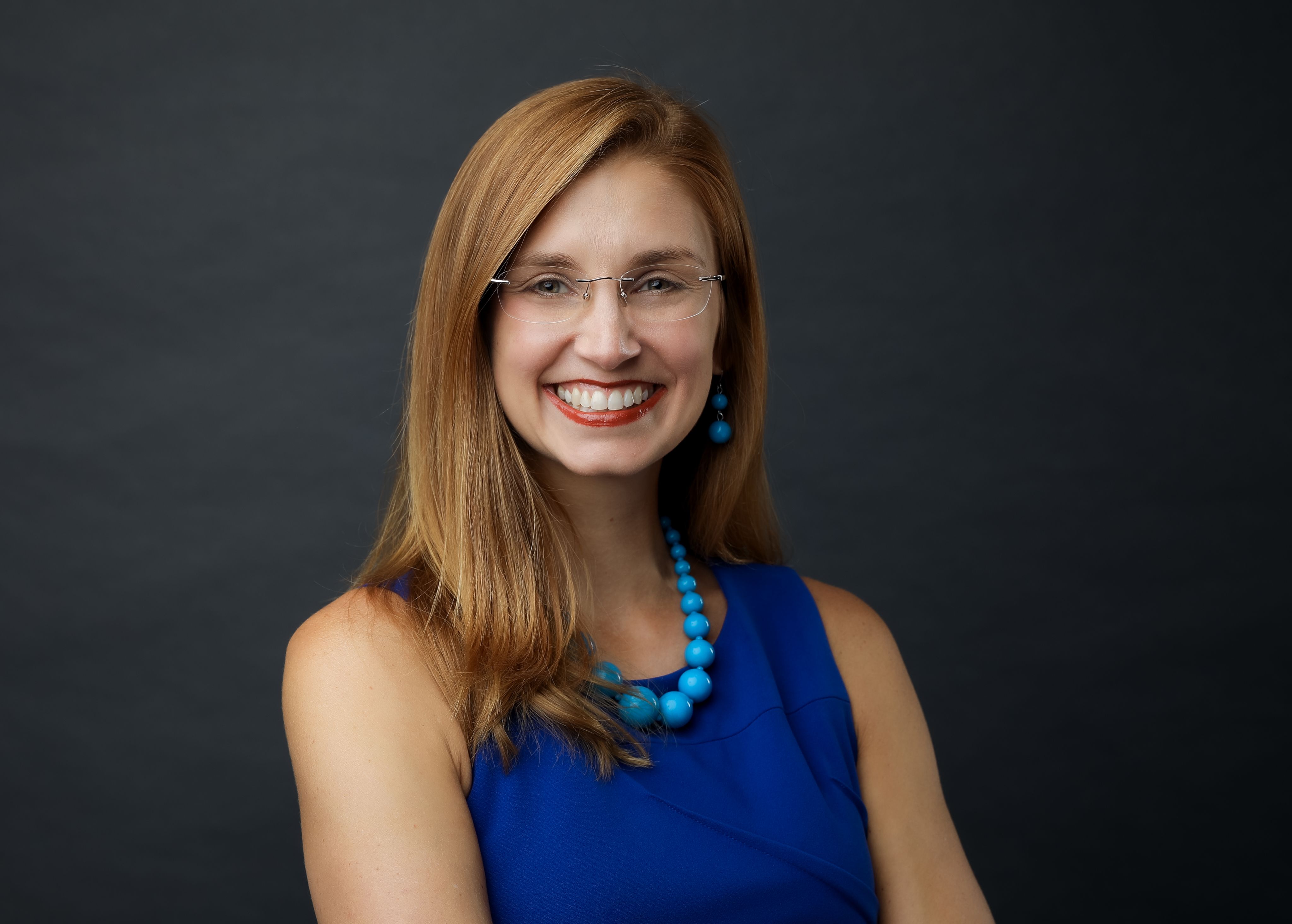
Ascend Fellow Georgia Mjartan
Ascend Fellow Georgia Mjartan
The same spirit of co-creation is on display 2,700 miles away. Dr. Lori Pfingst, also a 2018 Ascend Fellow, is helping Washington become one of the most innovative states in systemically fostering intergenerational family prosperity.
Lori is the senior director of poverty reduction for Washington’s Department of Social and Health Services and led the development of a 10-year-plan to dismantle poverty. The plan was co-created with, among others, a steering committee of 22 people who have the lived experience of fighting for economic justice. The steering committee is co-chaired by Drayton Jackson, an Ascend Parent Advisor.
The plan was submitted in January 2021, and already more than 70 actions have been taken in response to it. Included in those actions are incremental shifts in policy standards along with seismic shifts in the state tax system. “It's pretty exciting to see,” said Lori. “Sometimes you need the small stuff to get to the big stuff.”
One of the big items on the horizon for Lori and Washington is a statewide guaranteed income program. In 2022, Lori led a feasibility study that looked at what a guaranteed income program could look like at the state level. The study, which was also informed by a diverse steering committee, reviewed what was working in states and municipalities around the country – including guaranteed income programs run by other Ascend Fellows. It then examined how Washington might take that knowledge and apply it to a program that would specifically serve its residents.
“To scale that at the state level, we can look at all that research, but what should it be for Washington?” said Lori. “That steering committee helped us co-create and ask ‘What should the vision be?’”
Lori knows that changes like a guaranteed income pilot take time, but she feels buoyed by the community of support she’s found as an Ascend Fellow. “Being part of this Fellowship gives you this connection to a community that gives you the courage to take more risks,” Lori said, “because you feel like you have that community to rely on when you need them.”
Healing in Truth
When it comes to structural racism, every city has a story. In 2022, Ascend Fellow Dr. Wendy Ellis and the Center for Community Resilience at the George Washington University Milken Institute School of Public Health released the documentary America’s Truth: Cincinnati, which looks at the need to recognize the true impact of structural racism in order to heal. Wendy’s vision was supported by the Ascend Fellows Impact Fund. Watch the trailer below and find the whole video here.
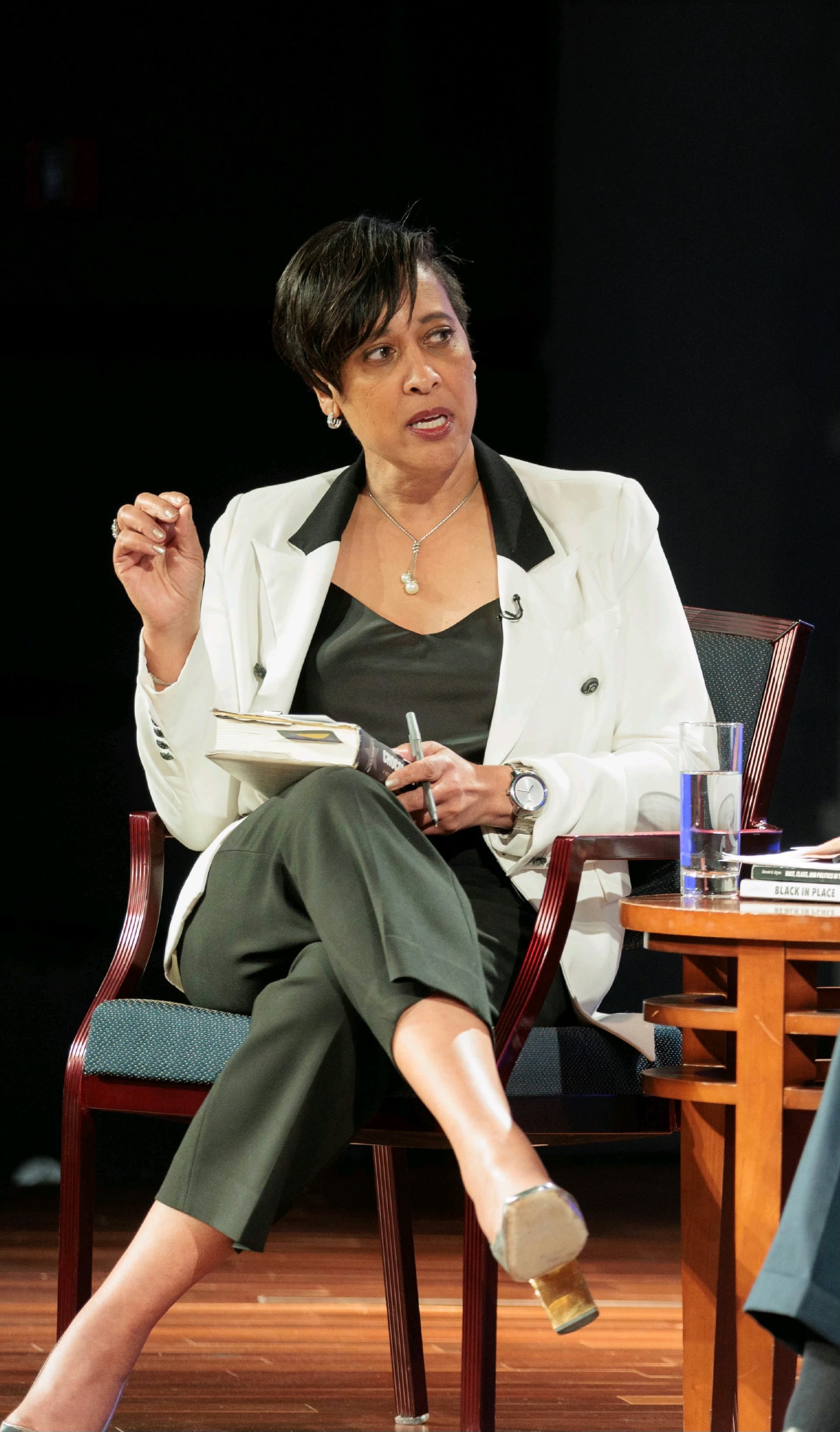
Co-Creating a Thriving Future
Ascend’s Postsecondary Success for Parents (PSP) initiative reimagines college and employment pathways to benefit whole families and whole communities.
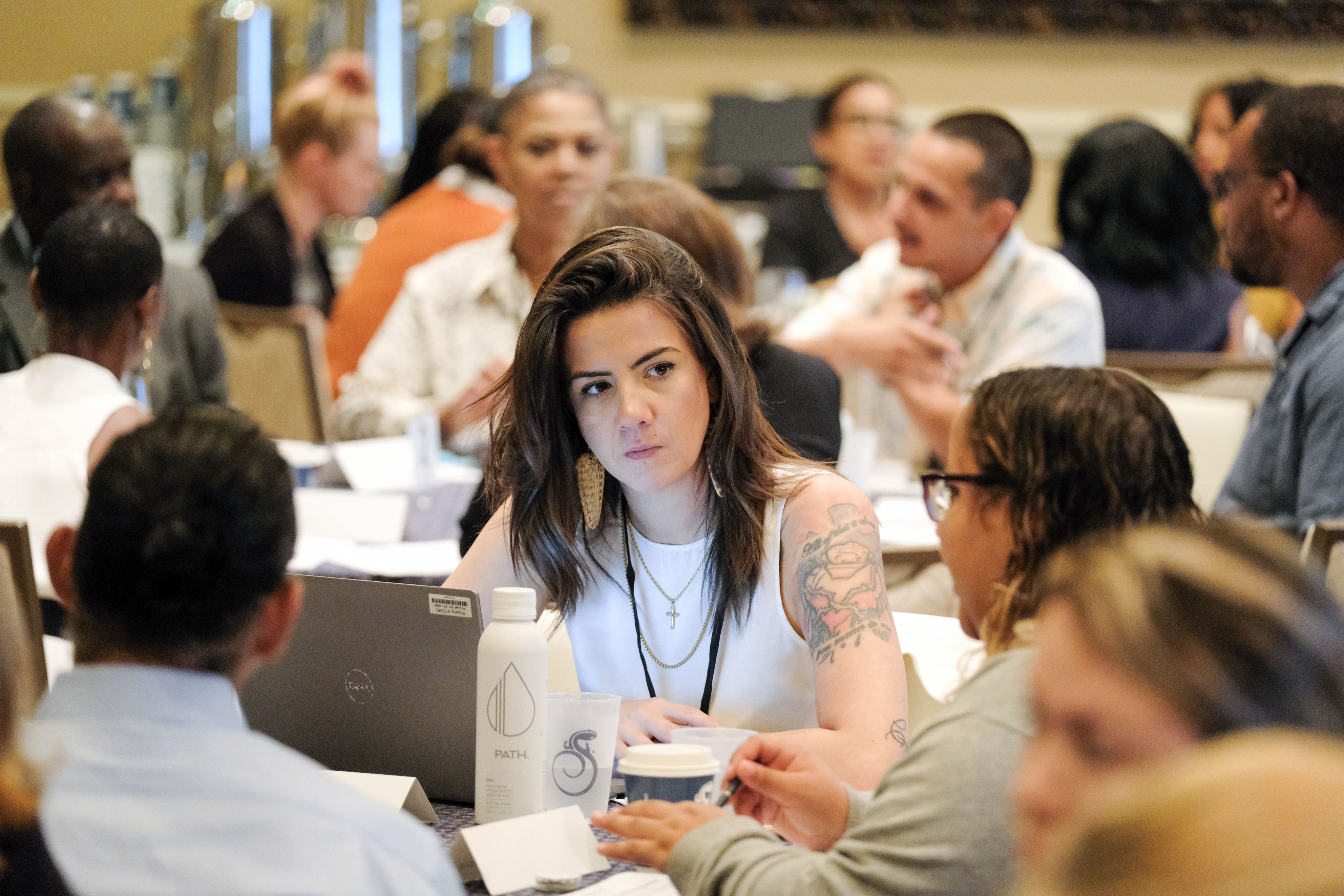
“When we say we want to advance solutions that are ‘parent-informed,’ we are not just talking about including parent voices in these conversations, but recognizing parent expertise,” said David Croom, Ascend’s Associate Director of Postsecondary Success for Parents. “Co-creating meaningful, sustainable change means giving parents the power to shape and influence policies and practices that have a direct impact on their families’ futures.”
Surveys and interviews of the one in five college students who are parents consistently show that they are primarily motivated to enroll in college for their children and to make a better life for their families. But most institutions don’t even know student parents are enrolled, making it near impossible to support their success.
Dr. Daria Willis, who is president of Howard Community College; a 2021 Ascend Fellow; and a member of the Postsecondary Leadership Circle (PLC), was once a student parent. Now, as an institution leader, she is able to shape the campus policies and practices that can unknowingly deter student parents from finishing their education.
On Ascend’s 1 in 5 podcast, Daria recounts the story of a Howard Community College student who had been issued a citation for bringing her child with her to class, violating a campus rule. With a nudge from Daria, campus staff were able to connect the student mother with resources that kept her education on track.
“Thank goodness we were able to reach her because she could have left us,” Daria said. “I want for the next time we have something like that happen that a professor, a staff member, one of our security personnel says, ‘Let me take you to the department that can help you with this,’ instead of…writing her up.”
Through the PLC, Ascend created a shared space where institution leadership and their student parent success leads could learn from each other and, importantly, other educators.Institutions in the PLC intentionally represented a wide range of institutional contexts and perspectives, from the system-wide City University of New York to individual institutions like Texas’s Amarillo College.
Bunker Hill Community College (BHCC) in Boston, another PLC member, developed a robust survey to gather information from its student parents on what could support their success. Listening to the expertise of their student parents, BHCC identified tweaks it could make to its tutoring program and took immediate action. More ideas from BHCC and other PLC members on how to improve the success of current student parents while transforming into a more family-friendly institution over the long term will be shared in a forthcoming ‘playbook’ for postsecondary leaders from Ascend.
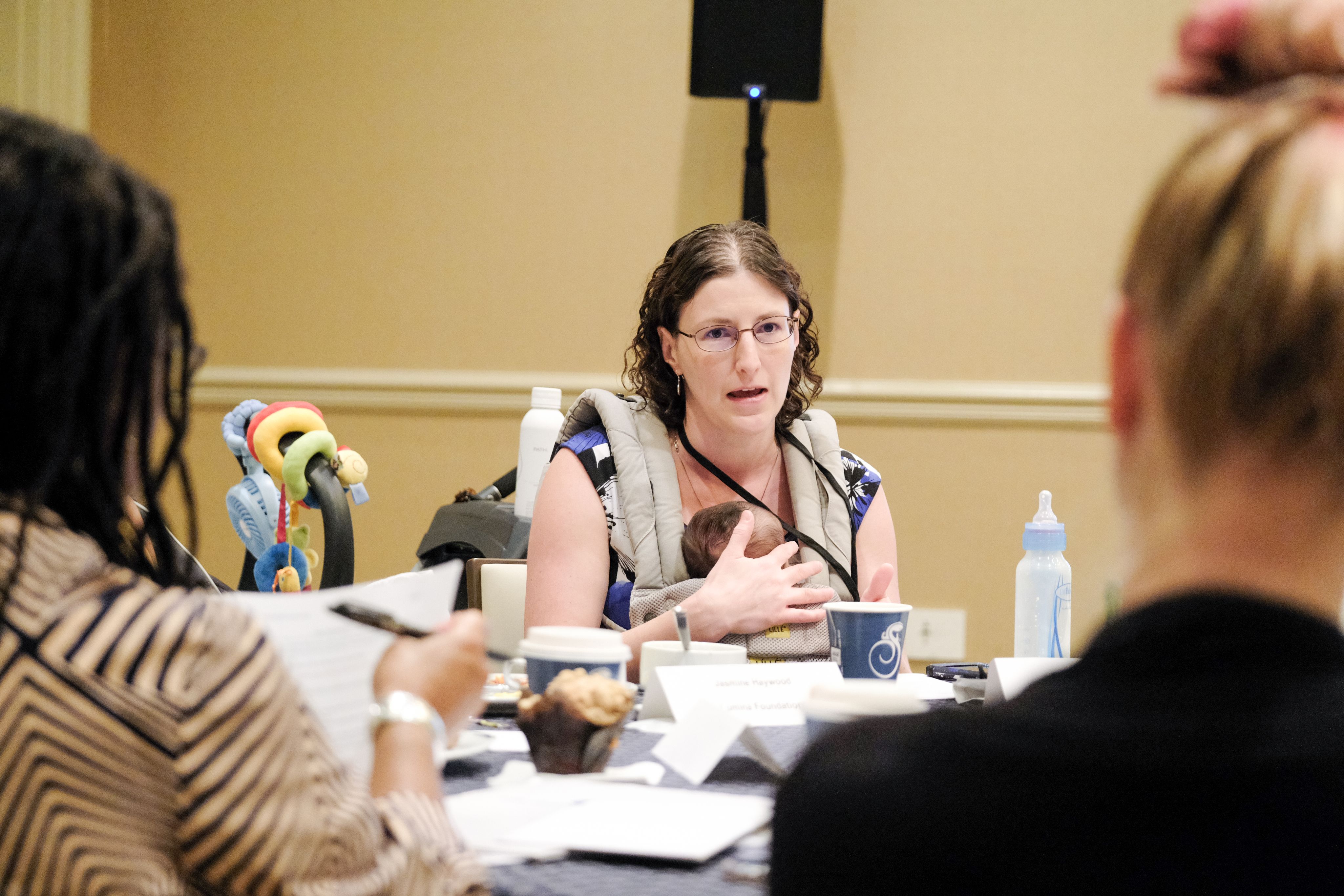
Theresa Anderson, Principal Research Associate at the Urban Institute, at Student Parent Ecosystem convening in August (Credit: Chris Williams for Ascend at the Aspen Institute)
Theresa Anderson, Principal Research Associate at the Urban Institute, at Student Parent Ecosystem convening in August (Credit: Chris Williams for Ascend at the Aspen Institute)
Nurturing the space for leaders and parents to co-create solutions within institutions is one lever of change that our PSP initiative focuses on. Through the Policy Acceleration Partnership we supported five states and one city with $150,000 grants for 18 months to identify ways that their existing programs and policies could more effectively serve student parents. Using the Parent-Powered Solutions Fund, we awarded $25,000 grants to six nonprofits selected by the first ever student parent-led fund.
By connecting parent expertise with those in positions to create change, Ascend is showing that investing in the success of student parents pays dividends now and in the future – not just for institutions, but for all of us.
In Daria, we can glimpse what’s possible when student parents are recognized, supported, and celebrated.
“I'm using those relationships, those experiences, that memory… to change others' lives,” she said. “Because that's what it's all about, transforming the lives of others.”
1 in 5 Podcast
The 1 in 5 podcast explores the lives of the one in five of college students who are parents. On this special episode, Marjorie Sims, managing director at Ascend at the Aspen Institute, sits down with two key collaborators in the work of supporting student parents: Chancellor of the City University of New York (CUNY) and 2015 Ascend Fellow Félix Matos Rodríguez, and CUNY Mentor Coordinator and Ascend Parent Advisor Jesus Benitez. During this conversation, they reflect on the first season of 1 in 5, offer insights on what institutions of higher education can learn from these stories, and share their own lessons and inspiration from their work alongside students and their families.

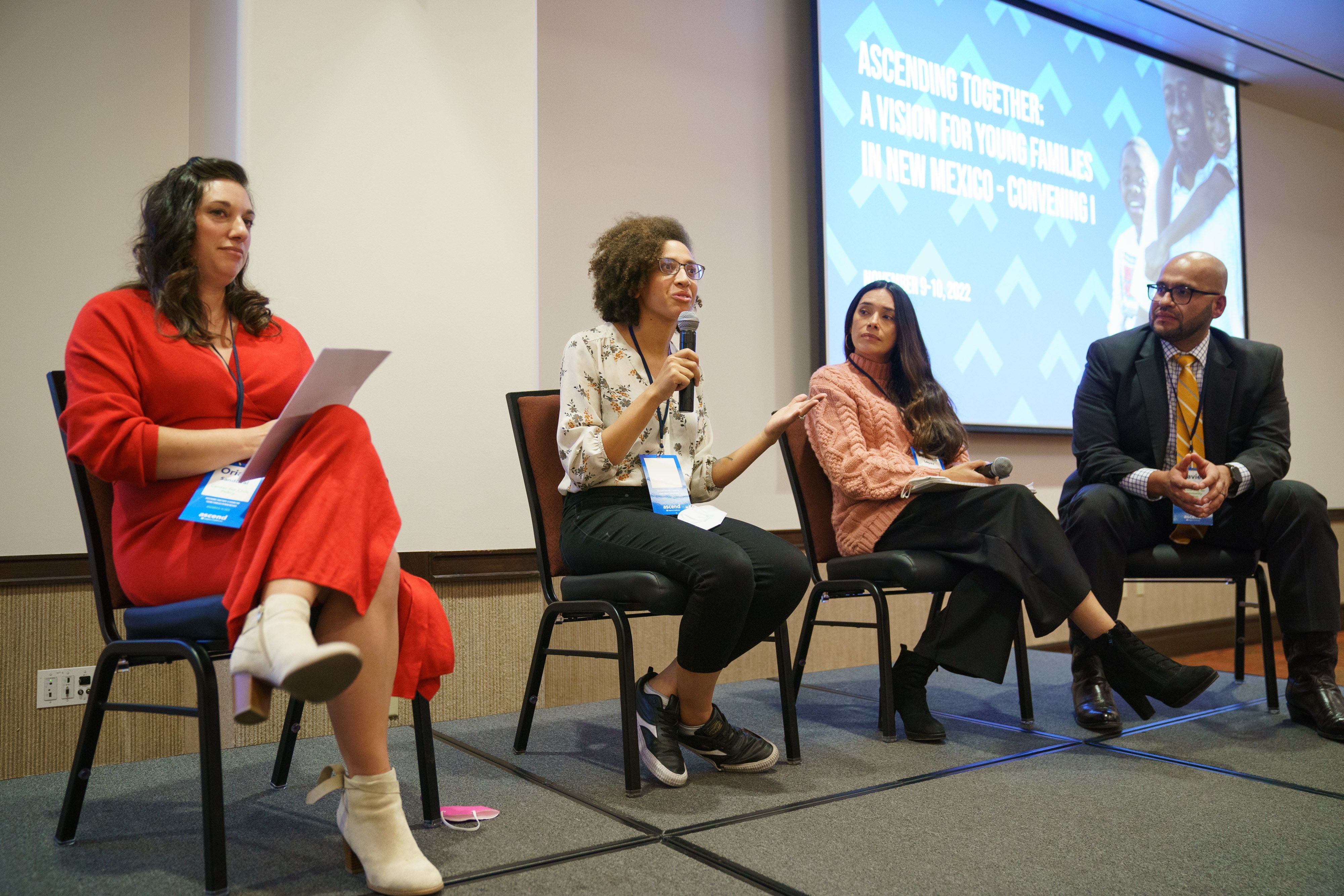
Oriana Sandoval, Vanessa Eiland, Jessica Helen Lopez, Javier Martínez, in New Mexico (Credit: David Lienemann)
Oriana Sandoval, Vanessa Eiland, Jessica Helen Lopez, Javier Martínez, in New Mexico (Credit: David Lienemann)
Ascending Together in New Mexico
“Ascending Together: A Vision for Young Parents in New Mexico” convened 120 leaders from across the state, including 17 Parent Advisors and their families, and leaders from newly-re-elected Governor Michelle Lujan Grisham’s Cabinet. The November 9-10, 2022, convening in Albuquerque focused on moving young parents ages 18-24 toward opportunity. This led to a special December 19th briefing where the 17 Ascend Parent Advisors met with Governor Lujan Grisham’s full Cabinet and US Senator Heinrich’s staff on mental health, child care, and access to living-wage jobs.
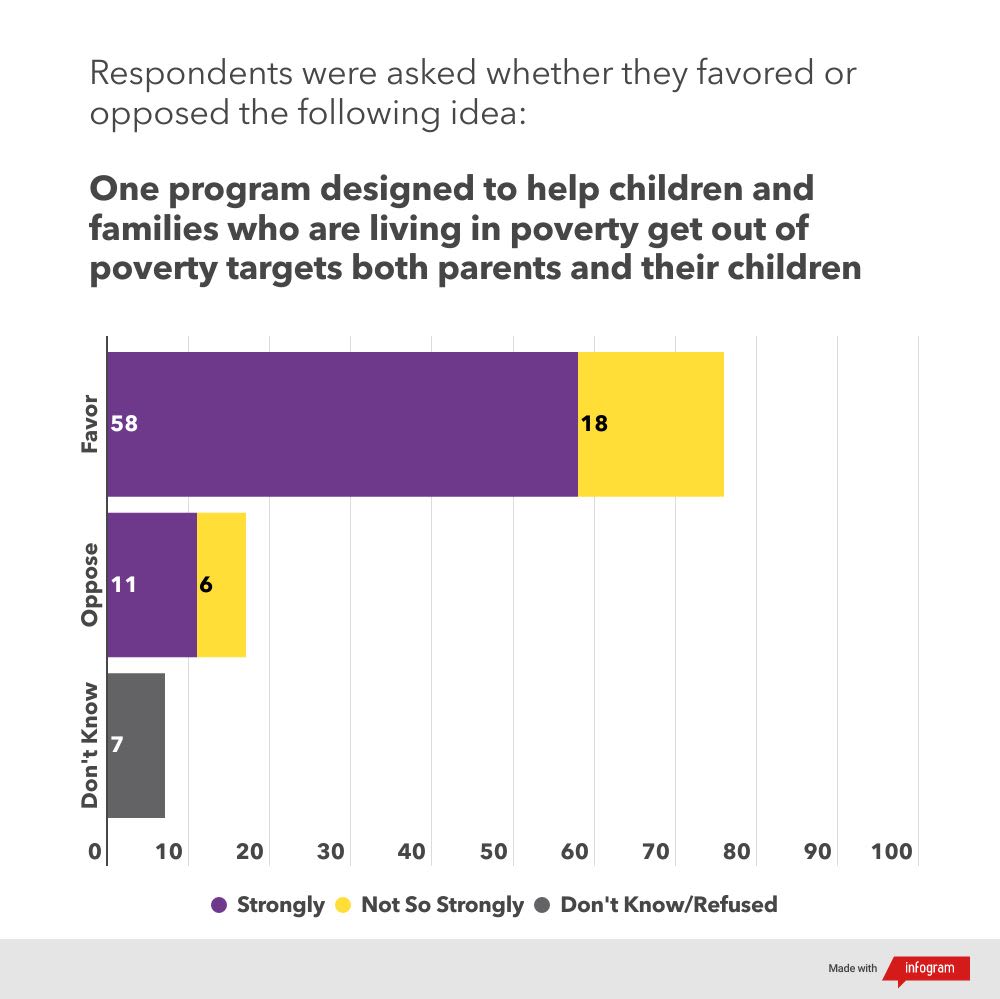
Source: Lake Research Partners
Source: Lake Research Partners
National 2Gen Support
National polling conducted by Lake Research Partners since 2012 shows a majority of voters support a two-generation approach to reducing poverty. In 2022, three-quarters (76 percent) of voters favor a 2Gen approach to helping children and families get out of poverty, and 58 percent strongly favor it.
Continue Reading the 2022 Impact & Inspiration Report
Heartfelt Thank You to our Philanthropic Partners
We can't do this without you!
- Ann B. and Thomas L. Friedman Family Foundation
- The Annie E. Casey Foundation
- Bainum Family Foundation
- Bezos Family Foundation
- Buffett Early Childhood Fund
- Catto Shaw Foundation
- Charlotte Perret Family Trust
- Conrad N. Hilton Foundation
- The David and Lucile Packard Foundation
- Doris Duke Charitable Foundation
- ECMC Foundation
- Frances Mosle
- The HopeStar Foundation
- Imaginable Futures
- J.B. and M.K. Pritzker Foundation
- Jordan Ruby Fund
- Kini Fund
- The Kresge Foundation
- Liz Blake Giving Fund of the Blake Family Foundation
- Lumina Foundation
- Margaret A. Cargill Philanthropies
- Merle Chambers Fund
- Morgridge Family Foundation
- Patrice King Brickman
- Richard W. Goldman Family Foundation
- Robert Wood Johnson Foundation
- Sheila Walker
- The Harry and Jeanette Weinberg Foundation
- William J. and Dorothy K. O’Neill Foundation
- W.K. Kellogg Foundation
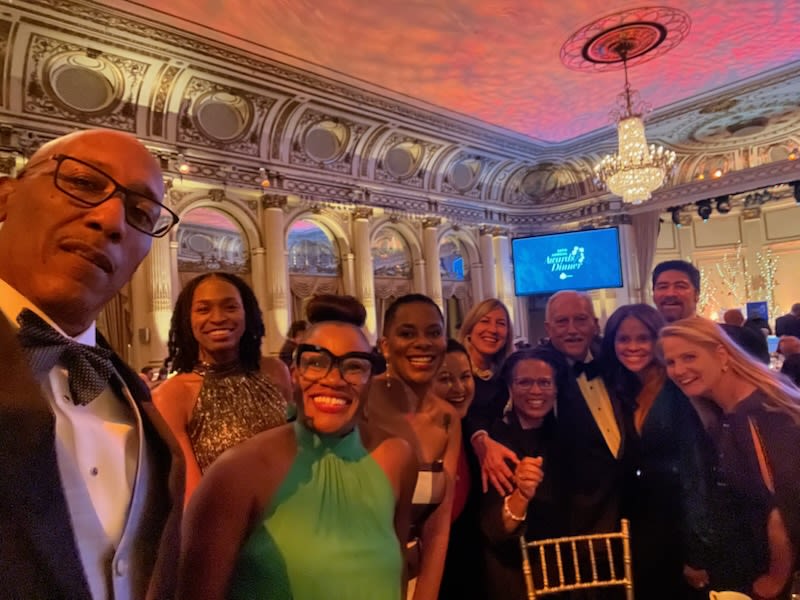
The Ascend community celebrates one of our philanthropic partners, Mike Bezos, at the Aspen Institute's 38th Annual Awards Dinner in New York.
The Ascend community celebrates one of our philanthropic partners, Mike Bezos, at the Aspen Institute's 38th Annual Awards Dinner in New York.




